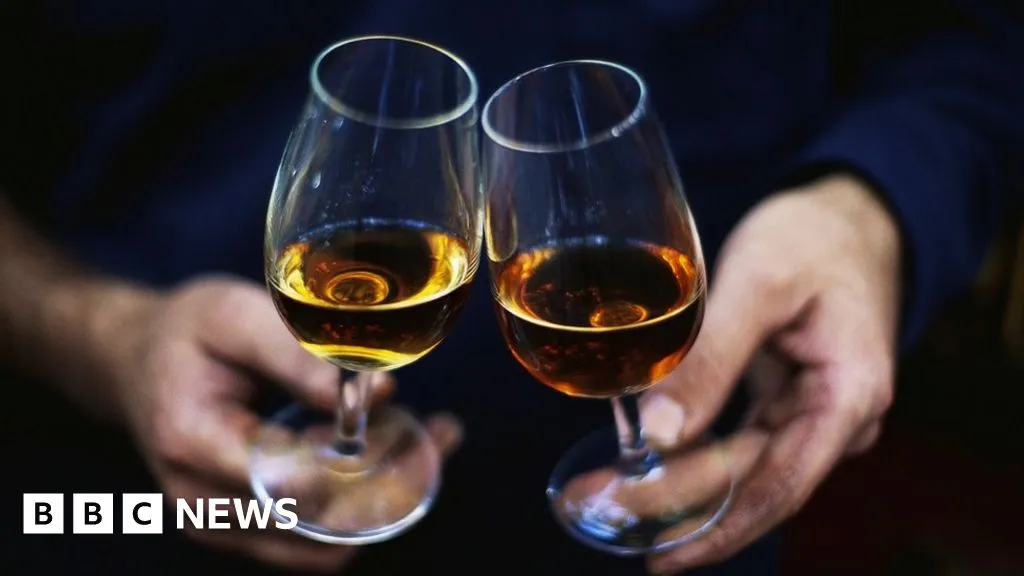France to spend €200m destroying wine as demand falls
France to spend €200m destroying wine as demand falls

www.bbc.com
France to spend €200m destroying wine as demand falls

The French government is allocating €200m (£171.6m) to destroy surplus wine and support producers.
It comes amid a cocktail of problems for the industry, including a falling demand for wine as more people drink craft beer.
Overproduction and the cost of living crisis are also hitting the industry.
Most of the €200m will be used to buy excess stock, with the alcohol sold for use in items such as hand sanitiser, cleaning products and perfume.